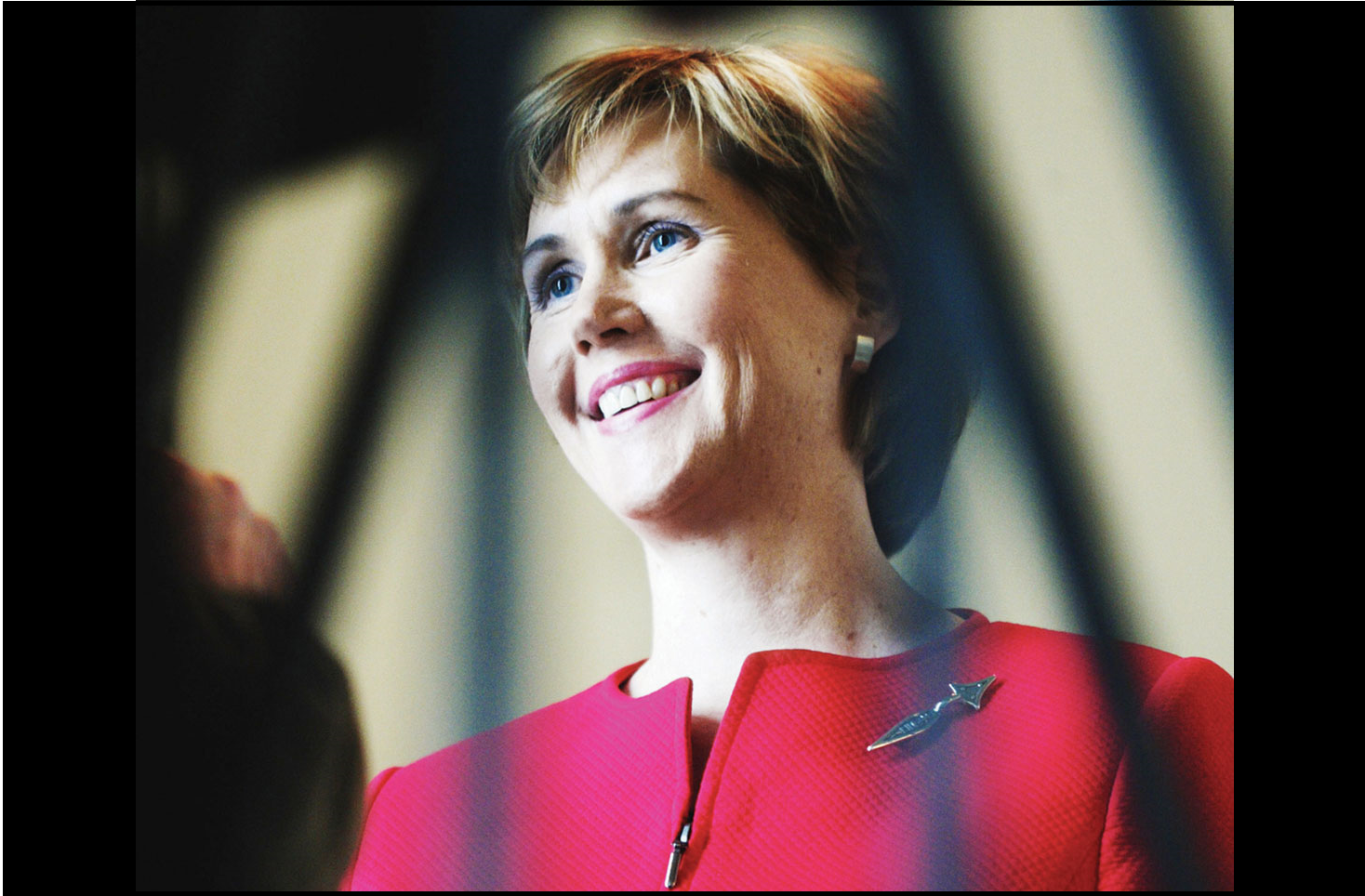When it comes to economic decision-making within the EU, women are still in a weak position. It’s a big problem, yet the Finnish minister for gender equality Tuula Haatainen says she has more than one reason to be optimistic about equality between the sexes. She leads the debate this autumn, while Finland chairs the EU presidency.
“If Europe is to be competent and powerful in the economic and social arenas, we must make the most of all resources. We have to try to benefit from women”, says Haatainen, who is responsible for equality issues at the Ministry of Social Affairs and Health in Helsinki.
A real result is that the EU has agreed to establish a bureau of equality, responsible for information and creating debates about the share of responsibility and power between men and women in European countries.
New EU members Slovenia, Slovakia and Lithuania are fighting to be host country for the bureau when it opens at the beginning of next year.
Long Tradition
EU gender equality ministers, i.e. social and health ministers or labour ministers with responsibility for questions concerning equality, met in Helsinki at the beginning of October. Haatainen points out
that the debate on gender equality within the EU has a long history, resulting in directives on equal pay and gender equality programs.
“But not all agree on everything. We in the Nordic countries mustn’t forget that there are political movements elsewhere in Europe which think women should stay at home and look after children, and be stripped of their sexual rights – like free choice in terminating pregnancies.”
At the same time, the development in Southern Europe has been positive from a Nordic perspective. Women there have gained access to the labour market. The downside is that fewer children are born. The problem which remains is how to combine children and work. Day care has become an important issue on the agenda of social ministers.
“This we have understood in the Nordic countries, where birth rates are good. In Finland for example, 1.8 children are born per woman. It’s important that we have long parental leave, that pay compensation is good and that the day care and care for the elderly works well.”
The interest for gender equality has increased also where decisions are made, because equality is now being defined in economic terms within the Lisbon process, which aims to increase the EU’s competitiveness.
“This is the time to move forwards on a national level.”
Gender quotas?
One of the questions which demands decisions on a national level is whether to impose quotas for women in leading positions and in board rooms. Right now Spain is debating a proposed law which would impose quotas like those which exist in Norway. Haatainen is disappointed that development in Finland has been slow.
“Some women have told me they don’t want to be quota women, and if you’re alone that is understandable. But if forty of fifty per cent must be women, there are no quota women or quota men.”
Earlier this year she and Prime Minister Matti Vanhanen wrote a letter to listed companies and the Confederation of Finnish Industries, EK, asking what the companies’ plans were to increase female representation.
The debate has begun, and in January she will host an economy forum to take things one step further.
“I would like to discuss whether there is something in between quotas and doing things voluntarily – a different system.”
But she does not believe those who argue there simply aren’t enough competent women for the listed companies. The main problem is today’s selection structure, which is strong and male dominated.
“The same goes for public services. Local councils claimed there was no way of finding women with city planning or technical skills. But there are very qualified women who can be in charge of these things. Women are well educated.”
The family decides
Throughout this year, Tuula Haatainen has focused her work on highlighting gender equality in Finland’s domestic debate, and she has developed a check list on how the government’s equality program is put into practice within government ministries. The government and the partners in the labour market have also negotiated a deal on how to reduce inequality in pay between men and women – a programme of equal pay which Haatainen calls “historical”. And in August, the government presented its proposal on how to share the costs for parental leave in a way which doesn’t penalise women’s employers.
“We must move forward and make sure families can decide over their own lives.”





